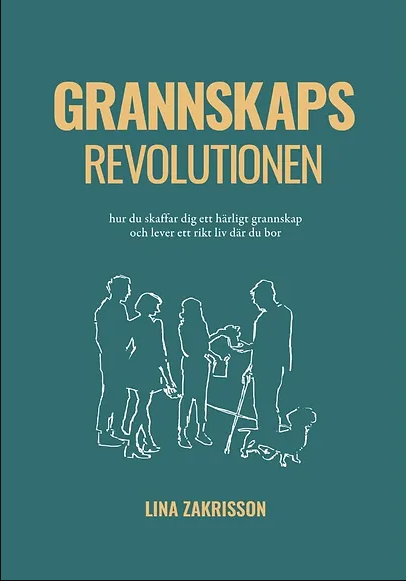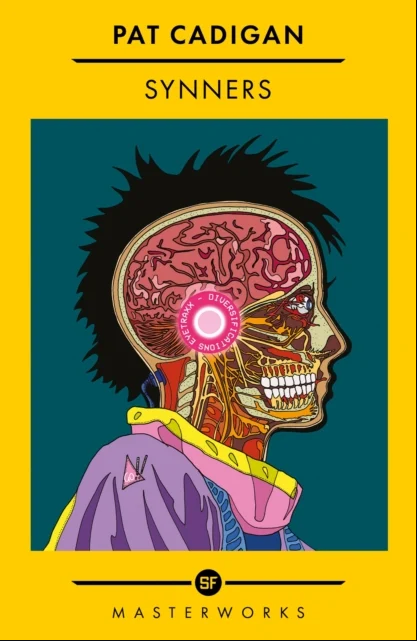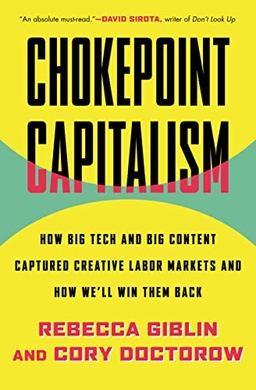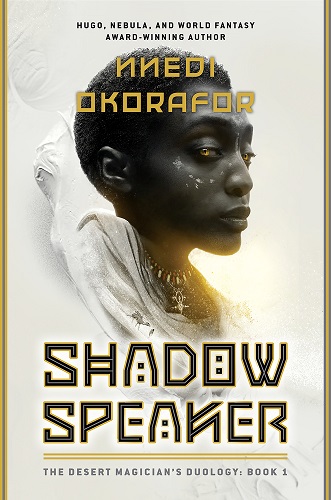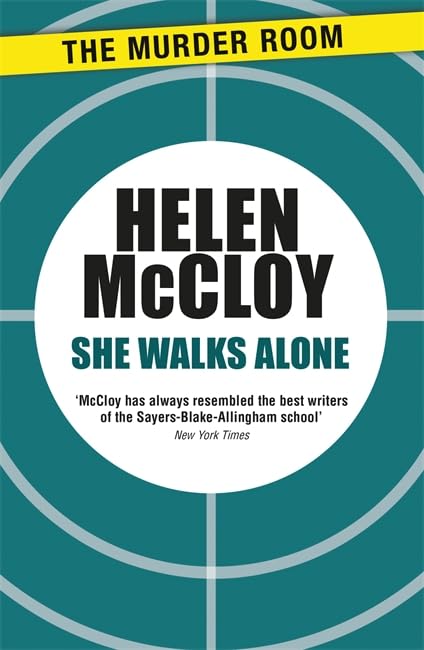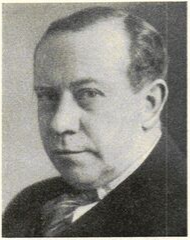Shadow Speaker was one of many, many books that got dumped on my TBR back when I had discovered that book blogs were a thing, so it’s been waiting there about as long as Bel Canto. Discussion with some friends about African mythology in Dungeons & Dragons reminded me of the book, and wouldn’t you know it was available at the library.
Shadow Speaker is set in a kind of post-apocalyptic future Niger, though civilizations in this world came out the other side more or less okay thanks to magic (or juju, to use Okorafor’s own terminology). Our protagonist, Ejii, can see in the dark and communicate with shadows (who take on a very ghost-like quality); other people can fly or control the weather. Ejii travels with a talking camel named Onion. Forests appear and disappear at random. Much of this juju seems to spring from Peace Bombs, devices set off by a radical Haitian environmental group immediately after some cataclysmic nuclear incident.
In addition to triggering juju in people and places, the Peace Bombs also did something weird to the space-time continuum, bringing it in closer contact with fantastic alien worlds. This contact has invited an escalated new threat: interplanetary war. Ginen, the world that seems to be the closest and most intimately connected with Earth, has a beautiful but delicate post-scarcity ecosystem that would be wiped out by the kind of pollution our own Earth has (so far) managed to withstand, and its desperate, reactionary leader is keen to launch a preemptive invasion to neutralize the threat.
This is the huge existential crisis that Ejii is dragged into. The chorus of shadows around her have commanded her to find the imperious Red Queen, Jaa, and join her on a diplomatic mission to Ginen. Also, as it happens, Jaa decapitated Ejii’s dictatorial father right in front of her when she was a young girl.
Nnedi Okorafor is no small potatoes author. She has a substantial body of work to her name, as well as multiple awards (including the Hugo, the Nebula, and the Eisner). But looking at the timeline, Shadow Speaker is early on in her career. It might only be her second novel, if I’m reading the timeline right? There were parts that I loved about Shadow Speaker but in the final analysis, it was just too clunky to really get into.
The good: The vibe of this book is great. Okorafor’s world is highly imaginative on multiple levels: the story requires her to establish not only a post-apocalyptic Niger, but also the rules of the a new magical system as well as the xenobiology of alien worlds. Those are a lot of plates to juggle, and on that level the book is exceptionally coherent. Everything about the setting slots together very elegantly. The world where Ejii has cat’s eyes and can talk to spirits in no way clashes with the world where interplanetary warfare looms at the threshold.
Where it falls down for me is just about everywhere else.
It’s unfortunate the original edition is out of print because I would have liked to compare the two. The most substantial change, from my understanding, is a new prologue for the latest Shadow Speaker, and it does the book a huge disservice.
In the prologue the reader encounters the Desert Magician, establishing a framing device whereby you, the reader, are a visitor in their tent and they are relaying you a story. Except not at all? There’s no reference to the framing device for the rest of the story, and then we actually meet the Desert Magician in the story being told. I didn’t think about the trainwreck of framing devices while I was reading because by that point I had forgotten about the prologue entirely, which is not great praise for the intervening pages.
But more than structural inconsistency, the prologue also sets up false expectations in terms of writing. Shadow Speaker came out in 2007 and the new edition is from 2023. The good news is that Okorafor has clearly grown as a writer, because the prologue has a sophisticated and distinctive voice throughout; the bad news is that the prologue sets the bar way too high for the rest of the writing to come.
The plot mostly seems there for the sake of the world. It’s not particularly complex and reads more like a series of disconnected episodes then an unfolding of events, where resolutions to crises have consequences that engender new crises. To name a couple:
The dramatic earthquake at the beginning of the story proper has zero ramifications for Ejii or anyone else in the village. It’s not what starts Ejii on her quest, it’s not what triggers Jaa’s departure from the village, it’s nothing. The one and only purpose it serves is to prompt a homework assignment from Ejii’s teacher that functions as a perfunctory flashback, but authorial necessity isn’t the same thing as plot necessity.
Not long after the earthquake, Ejii gets into a fight with her obnoxious half-brother. He shares their father’s views on the subjugation of women and has been needling Ejii for most of his existence thus far in the book. Like the earthquake, this altercation carries no consequences for anyone. Ejii isn’t in trouble or otherwise prevented from carrying out the quest given to her by her shadows, so the most you can say about this scene is that it establishes her character.
Ejii overhears Jaa asking her mother to take on Ejii as an apprentice, a call to action immediately made redundant by instructions from Ejii’s shadows. And while this is where Ejii first learns that Jaa plans to assassinate the leader of Ginen during the coming talks, this information in no way influences any of the decisions Ejii makes once she joins Jaa’s company. Most of the time it seems like she’s just forgotten it.
And so on, and so on. A secondary character dies tragically in a pointless conflict that functioned neither as a meaningful obstacle to characters accomplishing their goals or as a meaningful victory and development in personal growth. Things seem to happen to Ejii and her friend Dikeogu that mostly serve as fun hijinks rather than as a natural outgrowth of previous actions. It has the tone of a made-for-TV family adventure movie on 90s era Nickelodeon or Disney Channel: the children are the heroes tasked with saving the day, the immediate peril is almost non-existent, whimsy and wackiness is through the roof, the adults are forever cowed or outwitted by children.
The characters, sad to say, don’t make the plot failings easy to overlook. There is the vague shape of a character arc for Ejii—a shadow of one, if you will—but it never really takes form. The book explains to us that Ejii seems to be getting stronger and more comfortable with her powers, and more assertive and sure of herself, during her sojourn in the desert, but it’s never in relation to some incident or even effort on her part. There is an intimation that she feels bad about not being as skilled as her friends, who have had training longer than she has, but this is essentially only mentioned in passing. The challenges that Ejii faces where she’s called on to use her powers are for the most part easily surmountable and have the feeling of the tutorial level in a video game where you learn how to use a new skill. “Stand here and listen to the old man’s inner monologue. Respond appropriately. Achievement unlocked!”
Early on, the escaped slave boy Dikeogu meets Ejii and joins her on her quest, and while Okorafor is clearly trying to use Dikeogu and his backstory to explore how trauma and violent brutalization can leave permanent marks, it never lands as very nuanced (maybe a tall order when Dikeogu is never a perspective character). Mostly his interactions with Ejii introduce a lot of unnecessary screaming or shouting into the dialogue.
The adults around Ejii and Dikeogu seem like they would be compelling and interesting characters in their own stories, but obviously here they’re sidelined for the children. My ultimate conclusion is that the YA designation might have been an albatross around the book’s neck, as the weakest elements of the book seem to stem from attempts to keep it simple and superficial.
“Why are you reading YA books, then? All that stuff bugs you because you’re not the target audience, this is what kids and teens like!”
I mean, true. I just wish there was a version of Shadow Speaker that was like a hundred pages longer and that gave the story the complexity it deserved. Maybe that’s Binti?

